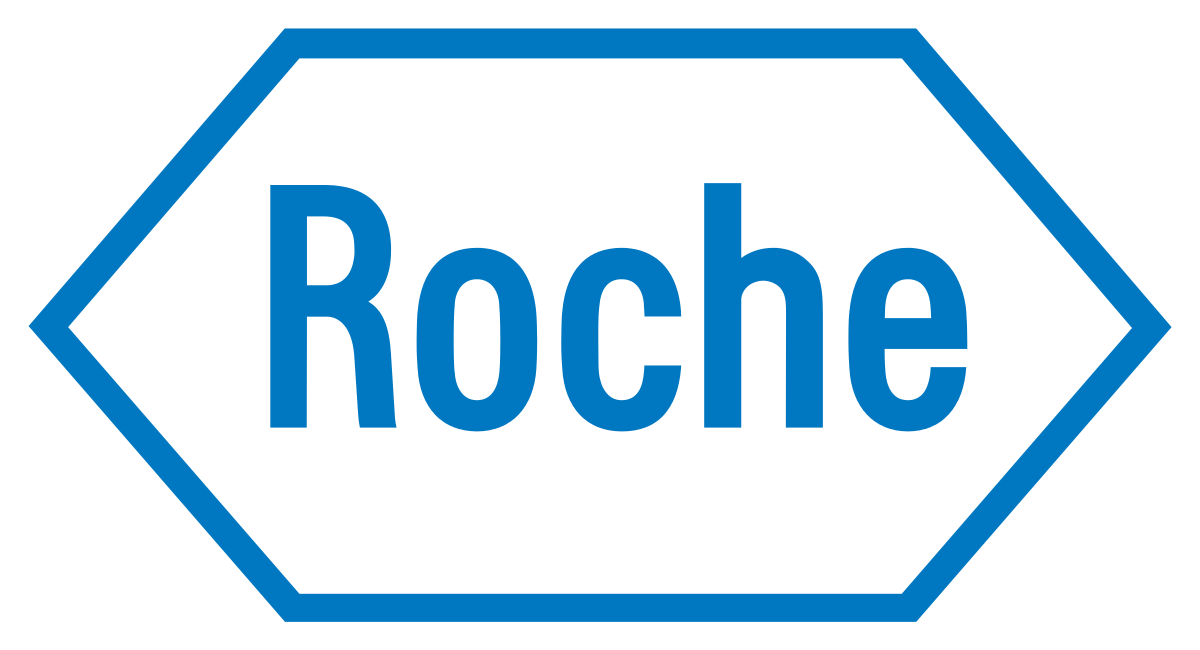These new entrants offer everything from new tools for healthcare workers to directto-consumer solutions that bypass traditional provider- and hospital-to-patient care models. Some of these examples include a tech company partnering with the UK’s National Health Service (NHS) to both share data and develop AI-powered healthcare services; another tech company is offering cloud services specifically tailored for healthcare; a social media service is quietly pushing into health tracking software; and an online retailer is purchasing One Medical, a chain of primary health clinics in the United States. [1][2][3][4] These forays into healthcare are motivated by a significant unmet need as well as the opportunity for profit. In the US, healthcare is a $4 trillion industry that makes up 20% of the country’s GDP, and the rapidly aging and large demographic of baby boomers offers all the more potential for the industry’s expansion. [5][6]
The many new players scrambling for opportunities in emerging and developed markets foreground new considerations: strategies to evaluate the viability of their products in the clinical context, the sustainability of their business models and partnerships, and managing concerns about data security and privacy.
[1] Ozcan P, Dinckol, D. How Big Tech is breaking into the healthcare sector [Internet]. Oxford Answers; 8 Aug 2022. Available from: https:// www.sbs.ox.ac.uk/oxford-answers/how-big-tech-breaking-healthcare-sector.
[2] Landi H. Microsoft announces Cloud for Healthcare, first industry-specific cloud service [Internet]. Fierce Healthcare; 19 May 2020. Available from: https://www.fiercehealthcare.com/tech/microsoft-launches-new-cloud-service-tailored-to-healthcare-organizations.
[3] Reader R. With a wearable reportedly in the works, Facebook continues a quiet push into health [Internet]. Fast Company; 19 Feb 2021. Available from: https://www.fastcompany.com/90606044/facebook-health-tracker-wearable.
[4] Ozcan P, Dinckol, D. How Big Tech is breaking into the healthcare sector [Internet]. Oxford Answers; 8 Aug 2022. Available from: https:// www.sbs.ox.ac.uk/oxford-answers/how-big-tech-breaking-healthcare-sector.
[5] Wolf D, Pande V. The biggest company in the world [Internet]. Andreessen Horowitz; n.d. Available from: https://a16z.com/2022/11/11/the-biggest-company-in-the-world/.
[6] Ortman, JM, Velkoff, Howard H. An aging nation: the older population in the United States (Report P25-1140) [Internet]. Washington, DC: US Census Bureau; (May 2014). Available from: https://www.census.gov/library/publications/2014/demo/p25-1140.html.





